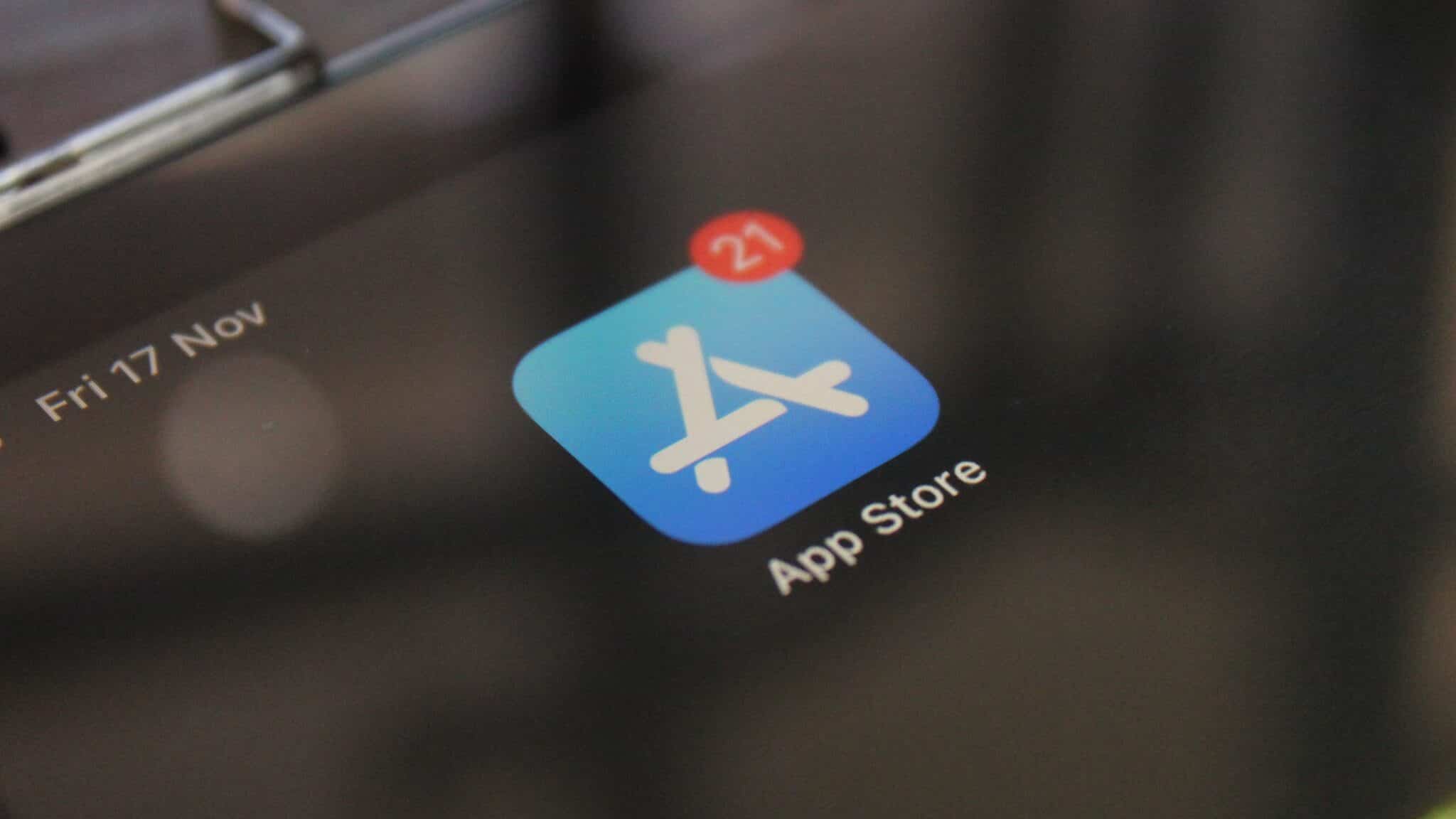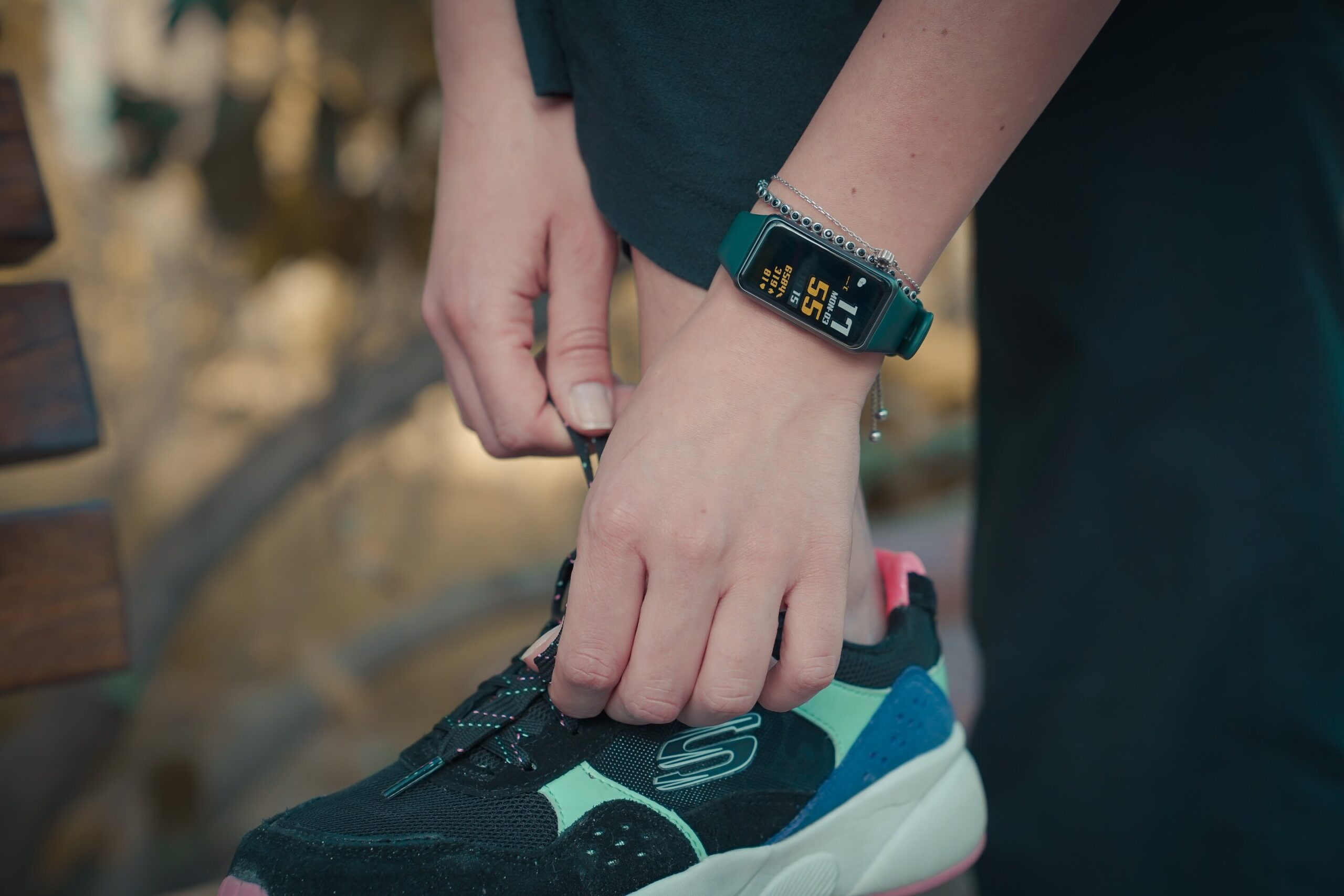Mark Zuckerberg’s Meta continues to lead the push to make app stores responsible for age assurance, in a thinly-veiled campaign to make age checks for social media someone else’s problem. From Belgium to South Dakota to Australia, the company behind Facebook and Instagram is making the case that app store age assurance is “the best solution to support families,” even as it makes policy changes that some believe could put marginalized youth at risk.
Social media trinity gives thumbs-up to South Dakota bill on age assurance
Meta, X and Snap, which runs Snapchat, have submitted a joint letter in support of a South Dakota bill that would require app stores to implement age assurance. According to Fox Business, which obtained the letter addressed to the Senate Judiciary Committee, it argues that “parents want a simple, manageable way to verify their child’s age and review the apps their teens want to download. The most sensible and effective place for age verification is at the OS/app store level.”
The firms say age assurance at the app or social media account level is “cumbersome and repetitive,” and posits that “parents in South Dakota and nationally trust app stores more than individual apps to securely handle the personal data needed to verify age.”
Meta Director of Youth Safety Policy Nicole Lopez is set to testify before the South Dakota Senate Judiciary hearing to offer further support for SB 180.
Parental controls, selfie age estimation held up as evidence of Meta’s efforts
In comments made to Euronews in Brussels this week, the social media giant’s VP and head of global safety Antigone Davis says “implementing age verification at the operating system or app store level will help ensure that we create an ecosystem that’s safe for teens.”
Meta’s line is that age assurance for app stores will prevent “teens migrating from one app to another where they may not be as well protected.”
Besides, Davis insists, Meta’s platforms “do have safeguards for minors and will continue to take active measures to ensure that teens are not seeing sensitive content.” She lauds Meta’s current age verification system, which relies on self-assessment and performs age estimation with selfie biometrics “if we detect activity suggesting a user may not be the age they claim.” She notes Instagram’s recently launched “teen accounts,” which come with parental controls. She says the platform no longer shows dieting ads to teens, to prevent triggers related to eating disorders.
“In addition,” she says, “we’ve turned notifications off in the evening, so after 10 p.m. notifications are off so that teens can take a break, go to sleep, get a good night’s rest, as their parents would like.”
Meta well versed in bogus concern
At this point, however, few people harbor any illusions about Facebook’s good intentions. (To wit: this week’s virtual newsstand features two separate articles about how much Americans hate Mark Zuckerberg.)
Davis may claim Meta is “focused on preventing harm from happening in the first place.” But, as new numbers from Australia’s eSafety Commissioner illustrate, they have done relatively little to address it; according to a newly released report from the Aussie regulator, 95 percent of teenagers under 16 had used one of the eight social media platforms surveyed (YouTube, Facebook, Instagram, TikTok, Snap, Reddit, Discord and Twitch) last year – surely a motivator for Australia’s ban on social media for users under 16.
Ultimately, app store age assurance measures would mean that Apple and Google would be forced to take the legal hot potato and its associated costs, allowing Zuckerberg and Elon Musk, owner of X, to continue shrugging off responsibility for what their platforms allow.
Which, contradictory to its braying about free speech, is increasingly defined against the conservative principles of the current U.S. administration; Meta recently changed its policy to allow homosexuality to be classified as a “mental illness.” As for X, its owner was most recently seen brandishing a chainsaw on stage at the Conservative Political Action Conference (CPAC), vowing to defeat the Matrix.
Apple and Google, of course, are no slouches in the legal department, and are likely to punch back. Apple has already had success in lobbying to quash a draft child safety bill in Louisiana that would have forced its App Store to include age checks for users downloading apps.
VerifyMy says platforms should handle age assurance
As for the age assurance sector, some are questioning the wisdom of implementing age checks at a remove from the content itself. Lina Ghazal, Head of Regulatory and Public Affairs at VerifyMy, says that “it’s encouraging to see major tech companies acknowledge the importance of stronger age assurance. However, effective protections need solutions implemented on the frontline as close to the risk as possible.”
“Ultimately, the most effective way to support and protect young people online is by platforms themselves stepping up to the plate to apply age assurance in an effective and user-friendly way.”
Could age assurance requirements be the issue that puts a wedge between Silicon Valley’s most powerful companies? Time and court decisions will tell.
Article Topics
age verification | app stores | biometrics | digital identity | Meta | mobile app | Snapchat | social media | VerifyMy | X


